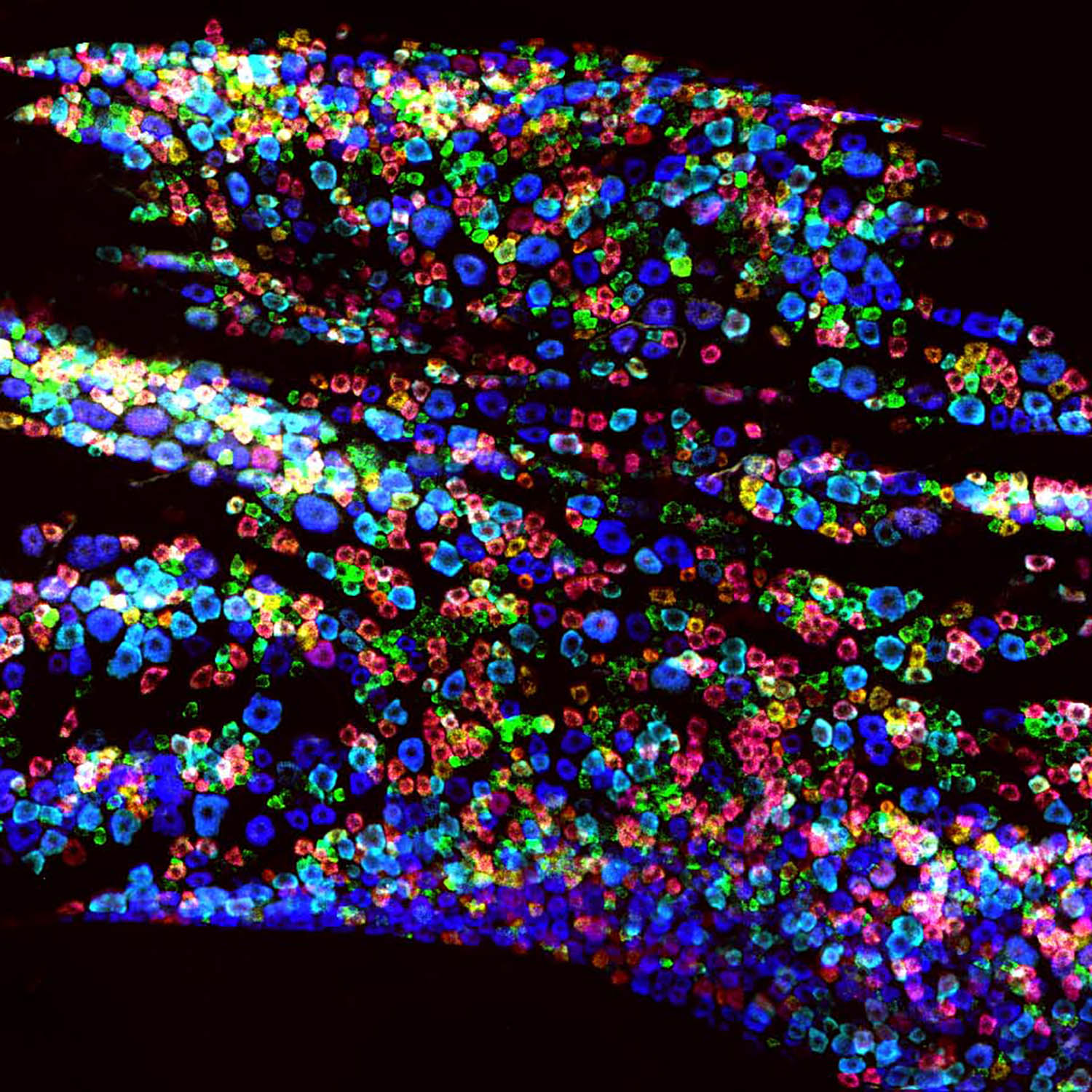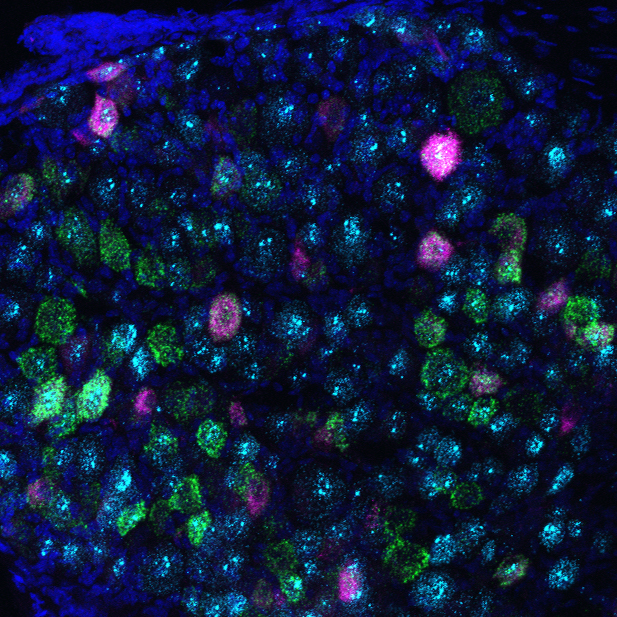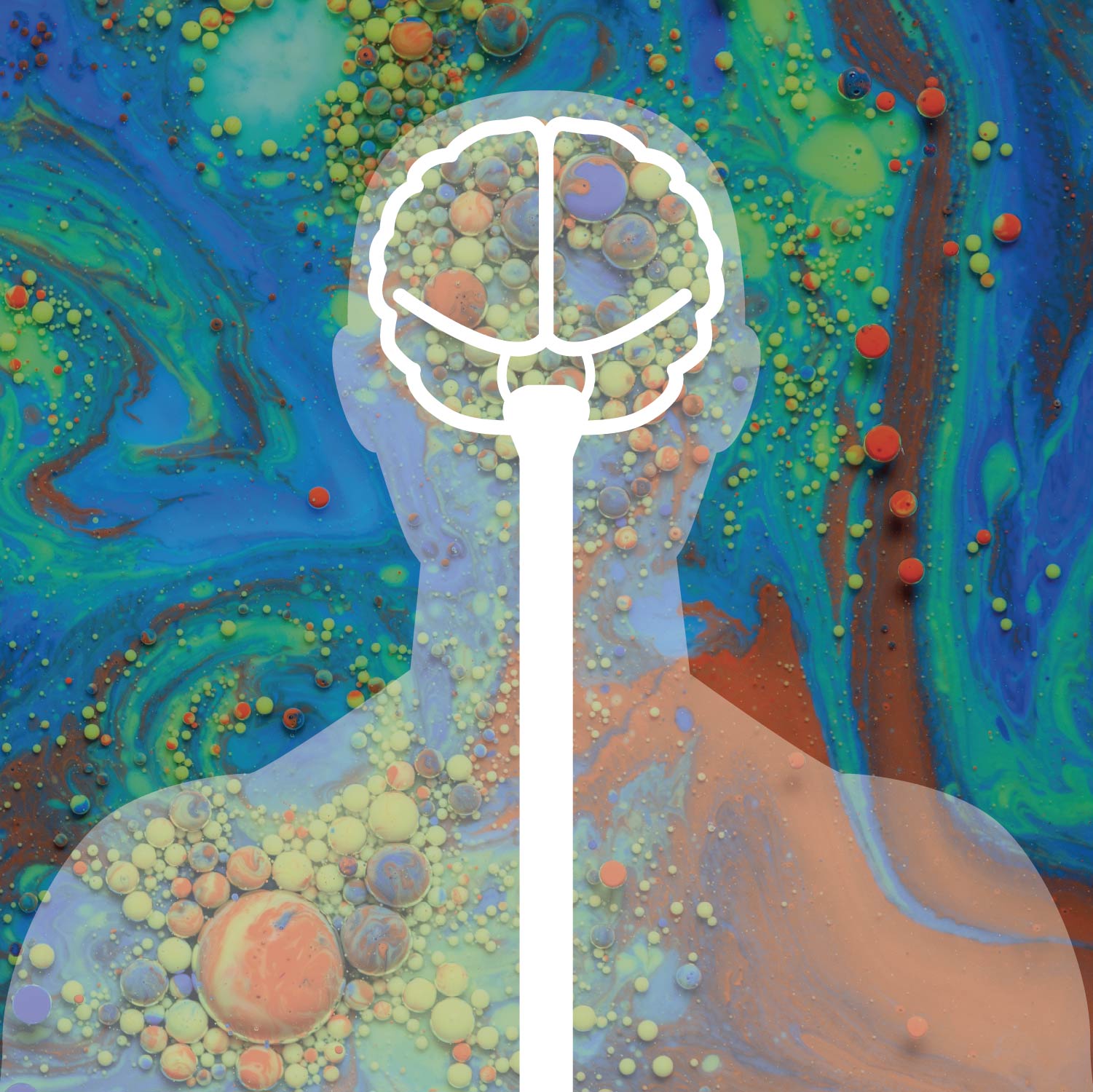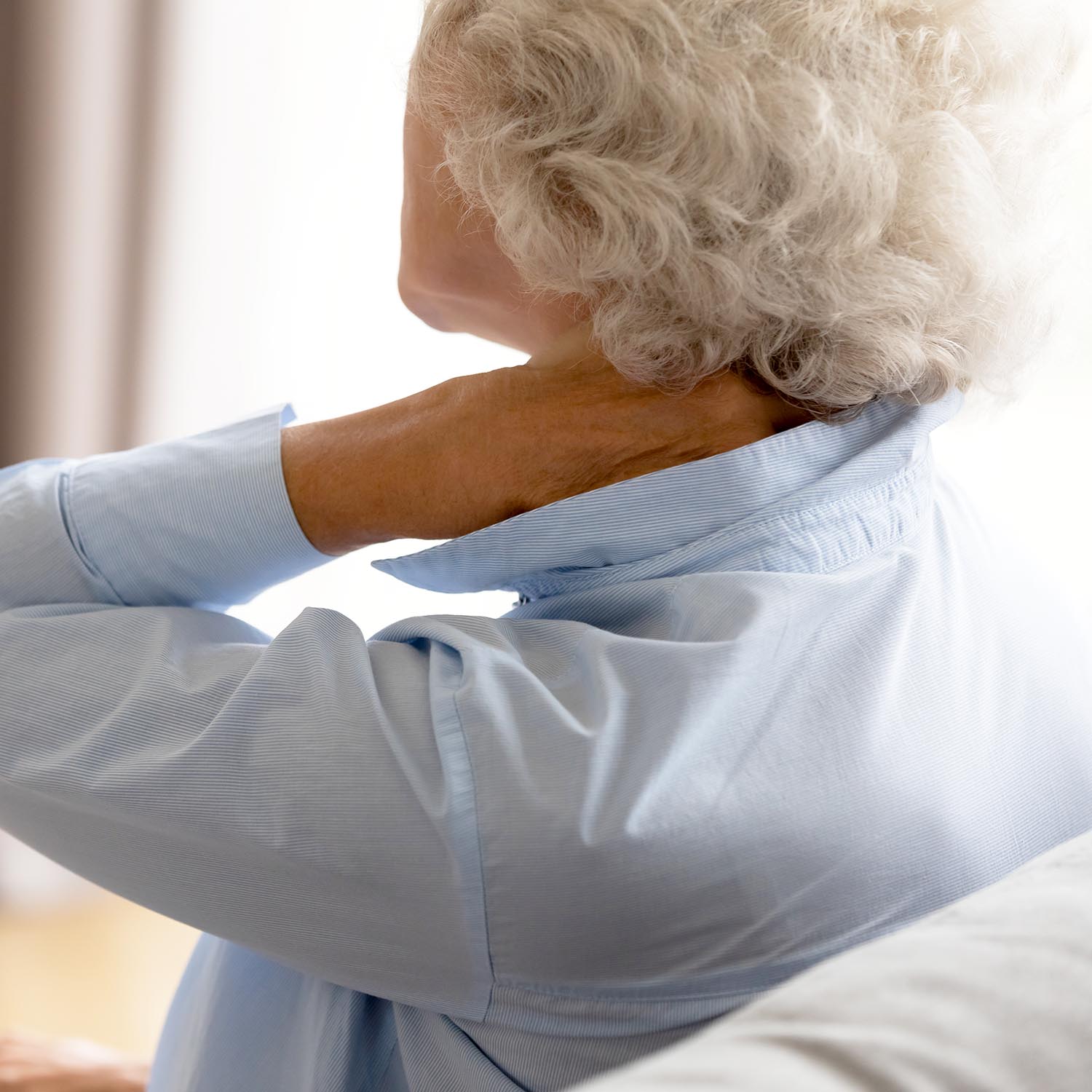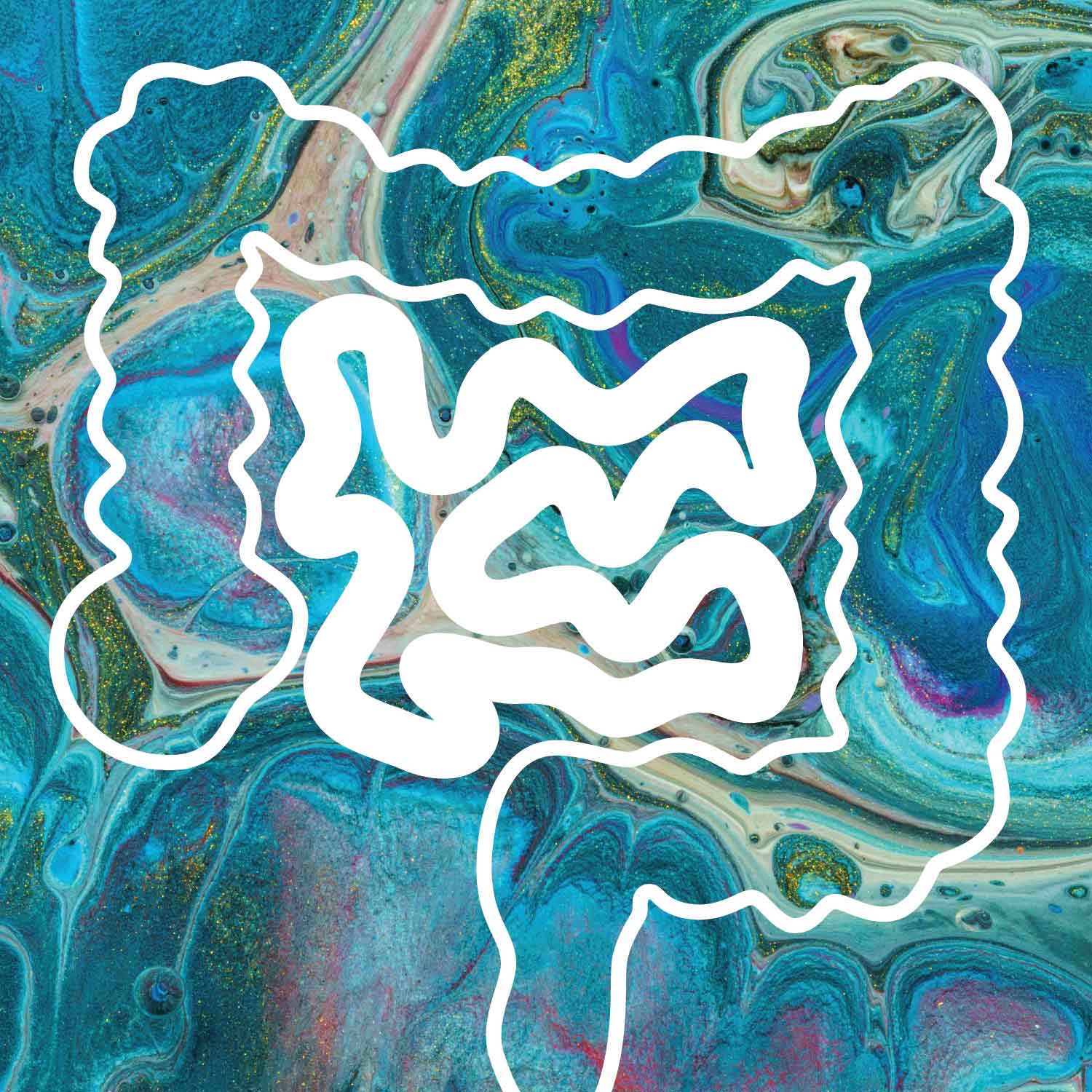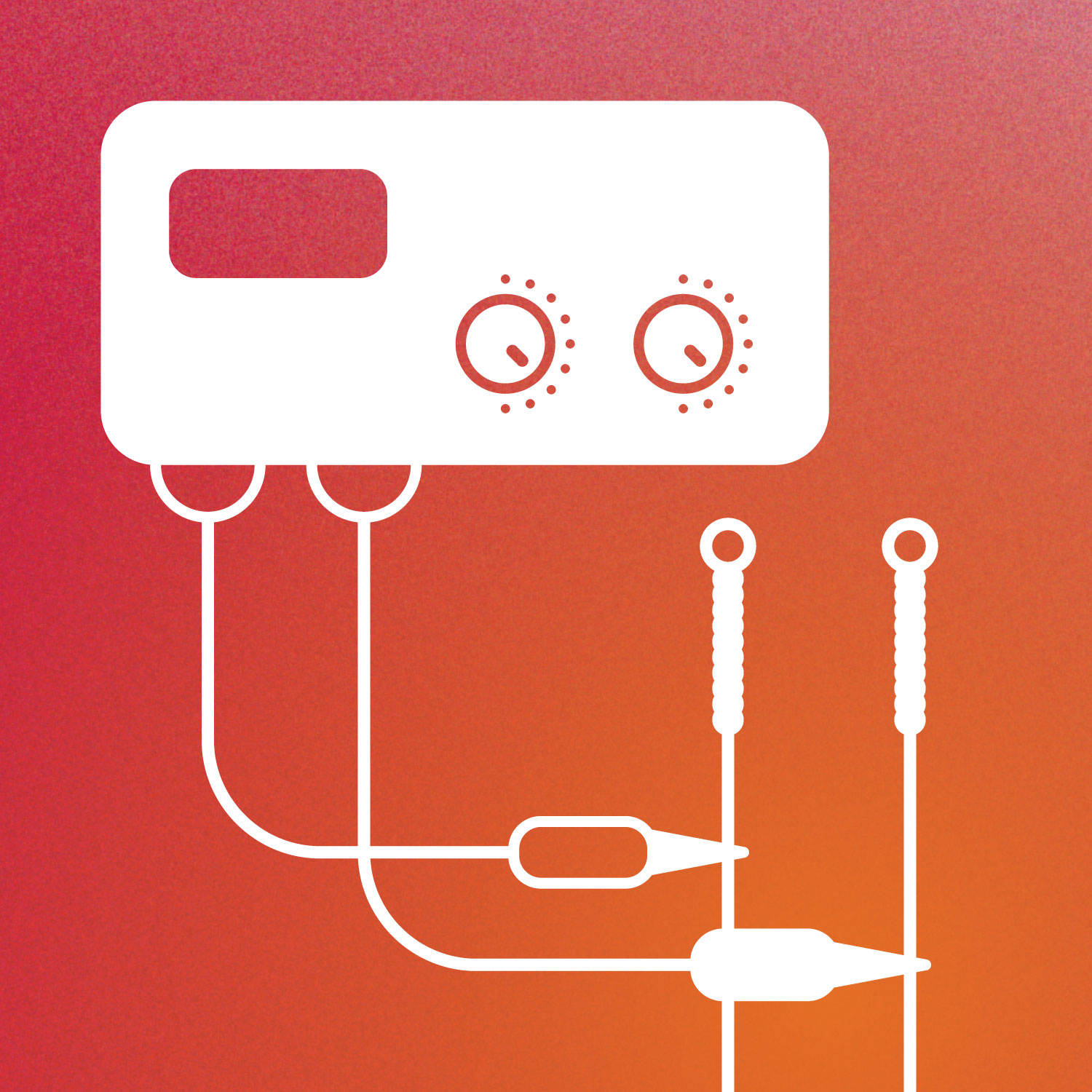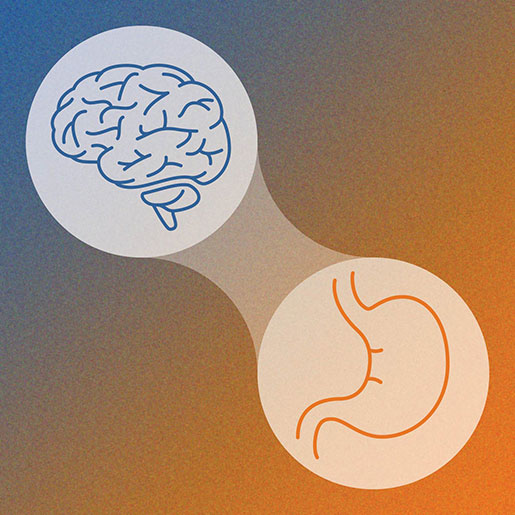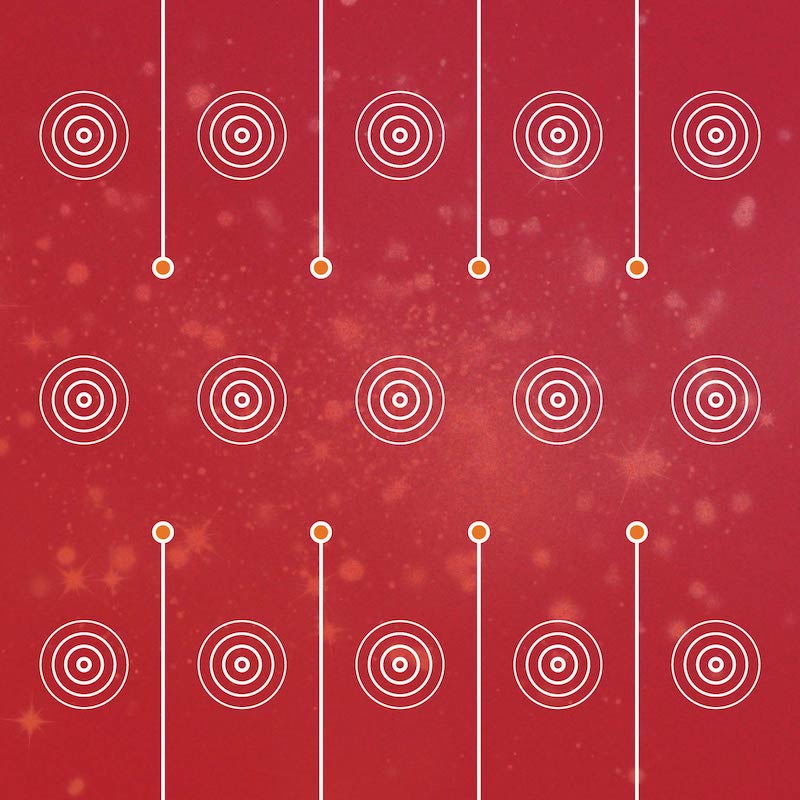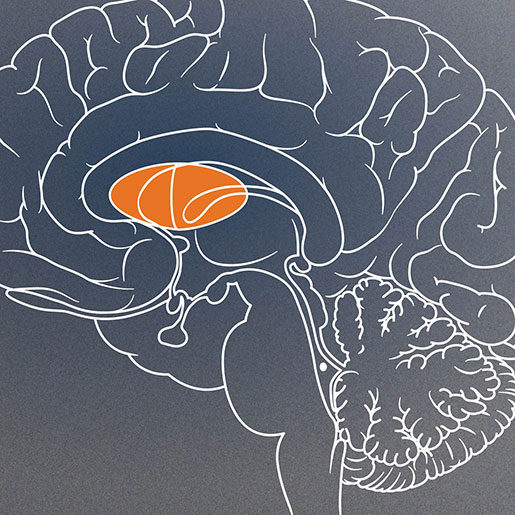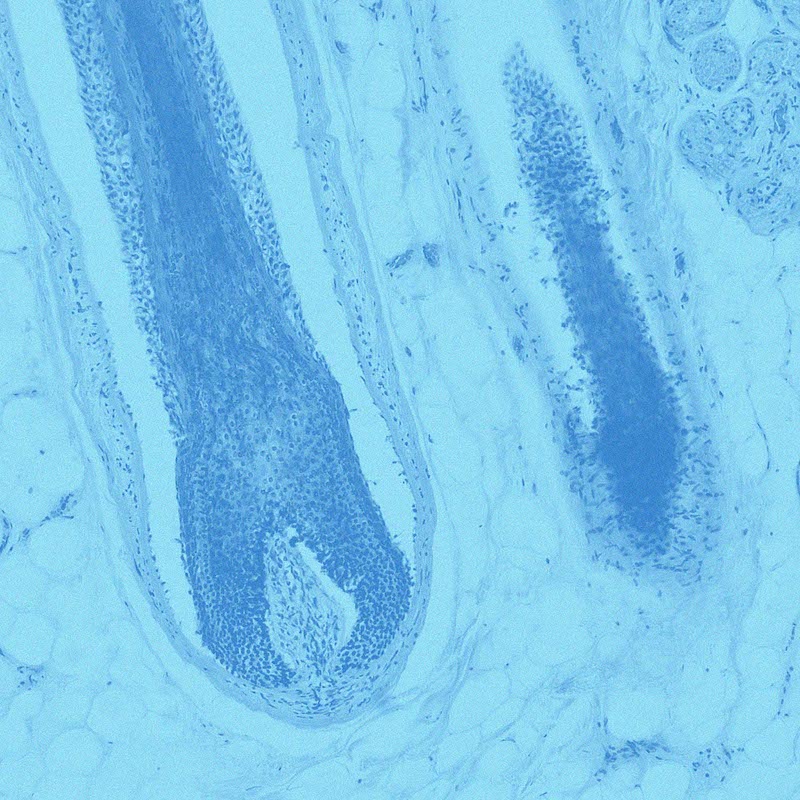Selected Research Results
Research spotlights of selected studies are shown below. For a full list of published NCCIH Research to-date, see PubMed.
Spotlights for 2020
Study Provides Insights Into People’s Certainty Levels When Rating Their Pain
When asked to rate their pain on a 0 to 10 scale, people reacted faster when they were more confident of their rating, according to a new study published in Scientific Reports. The study, which was funded by the National Center for Complementary and Integrative Health and led by researchers from the National Institutes of Health and the Karolinska Institute in Sweden, also showed that people experience variations in their confidence when rating pain. The findings shed light on factors that guide judgments about pain and suggest that metacognition plays a role.
December 2020
New Study Shows Similarities in Brain’s Craving Responses to Social Isolation and Hunger
People who are forced to be isolated crave social interactions in a way that is similar to how a hungry person craves food, according to the findings from a new study. Chronic social isolation and loneliness are known to be associated with diminished physical and mental health. Little is known, however, about the effects of sudden mandatory isolation on people.
November 2020
New Insights Into the Molecules and Neurons Responsible for Sense of Touch
Combining two techniques—single cell RNA-sequencing and in vivo functional imaging—has led to new insights into the underlying basis for the complex sense of touch.
November 2020
New Research Identifies a Potential Brain-Behavioral Mechanism for Pain Relief Associated With the Patient-Clinician Interaction
Harmony in behavior and brain circuitry may contribute to the pain relief associated with the patient-clinician interaction, according to a new study partially supported by the National Center for Complementary and Integrative Health published in the journal Science Advances.
October 2020
PIEZO2 Ion Channel Critical Mediator of Urinary Tract Function
New research has uncovered the mechanisms by which bladder stretch is sensed and the urethral reflexes involved in urination are controlled. The findings pinpoint the gene PIEZO2 as a key mechanosensor for interoception, which is the sensory regulation and awareness of what’s happening inside our bodies.
October 2020
Study Explores Relationship Between Pain and Cognitive Impairment
A recent study exploring the association between pain and cognitive impairment (CI) found that pain and CI each increase the severity of the other; that is, when pain progresses from acute pain to high impact chronic pain (HICP), the severity of CI increases, and as the severity of CI increases, the severity of pain increases. Further, the study found that people with comorbid chronic pain and CI are in a much higher state of self-reported disability than people with either alone. The study, published in a recent issue of The Clinical Journal of Pain, was supported by the National Center for Complementary and Integrative Health (NCCIH), a component of the National Institutes of Health (NIH).
October 2020
Characterizing Post-Exertional Malaise in Myalgic Encephalomyelitis/Chronic Fatigue Syndrome
New research suggests that post-exertional malaise (PEM) in myalgic encephalomyelitis/chronic fatigue syndrome (ME/CFS) varies greatly among individuals and leads to a diminished quality of life. Recently published in the journal Frontiers in Neurology, this is the first publication resulting from the NIH Intramural Study on ME/CFS, which is led by the National Institute of Neurological Disorders and Stroke in collaboration with dozens of investigators from at least eight institutes and centers of the National Institutes of Health, including the National Center for Complementary and Integrative Health.
September 2020
New Study Links Signaling by Immune Cells in the Meninges to Anxiety-Like Behavior
A new study provides insights into how a population of immune cells in the meninges (the membranes that cover the brain and spinal cord) regulates anxiety-like behavior in mice through neuroimmune signaling.
September 2020
Comparing the Neural Effects of Placebo Pain Relief in Fibromyalgia Patients and Healthy Individuals
Although fibromyalgia is associated with changes in brain function and neural pathways, researchers saw no differences in responses to placebo pain relief between fibromyalgia patients and healthy volunteers in a new study. This research, funded by the National Center for Complementary and Integrative Health (NCCIH), was recently published in the journal Pain.
September 2020
Researchers Develop New Metrics for Measuring Mental States During Meditation
In a recent proof-of-principle study, researchers developed a new framework, based on functional magnetic resonance imaging (fMRI) data, to identify mental states during meditation, including the focus-on-breath state and mind wandering, and to estimate how much time meditators spend in each state.
August 2020
Study Provides New Insights Into Changes in Brain Function in Fibromyalgia
Pain at the time of testing, rather than the presence of a chronic pain condition, is primarily responsible for changes in the functioning of the brain’s default mode network in patients with fibromyalgia, according to the results of a study recently published in the journal NeuroImage. The study, conducted at the National Institutes of Health and McGill University, was partly funded by the National Center for Complementary and Integrative Health’s intramural research program.
August 2020
New Study Provides Insight Into the Causation of Inflammatory Bowel Diseases
The abnormal production of a gut enzyme, lysozyme, which breaks down bacterial cell walls, affecting gut bacterial growth, may contribute to the causation of inflammatory bowel diseases by changing the composition of the gut bacterial community and thereby modifying mucosal inflammation, according to a new study published in the journal Immunity.
August 2020
New Findings Suggest Acupuncture Stimulation Reduces Systemic Inflammation
New findings published in a recent issue of the journal Neuron suggest that acupuncture stimulation reduces systemic inflammation in intensity-, somatotopy-, and disease state-dependent manners.
August 2020
Kundalini Yoga Is Helpful for Adults With Generalized Anxiety Disorder but not as Effective as Cognitive Behavioral Therapy
Research shows Kundalini yoga can reduce anxiety in generalized anxiety disorder, but cognitive behavioral therapy still a first-line treatment.
August 2020
Rat Research Suggests How the Brain and Gut Are Connected, Points to Stress‒Ulcer Link
NCCIH-funded research suggests psychosomatic mechanism for stomach ulcer formation.
May 2020
Defining Transcriptomic Class of Trigeminal Neurons in situ Reveals Their Roles in Sensation
Neuron classification is useful for examining changes in gene expression induced by pathological conditions that trigger chronic pain
May 2020
Two Studies Offer Insights Into Interoception of Basic Physiological States and Upper Airway Defenses
NCCIH-supported studies offer insights into interoception of basic physiological states and upper airway defenses
April 2020
Sympathetic Nervous System Influences Development and Tissue Maintenance, Mouse Research Suggests
New animal research funded in part by the National Center for Complementary and Integrative Health (NCCIH), a component of the National Institutes of Health (NIH), suggests that stress-induced hair graying in mice may be an accessible model to investigate how stress influences tissue regeneration.
January 2020


